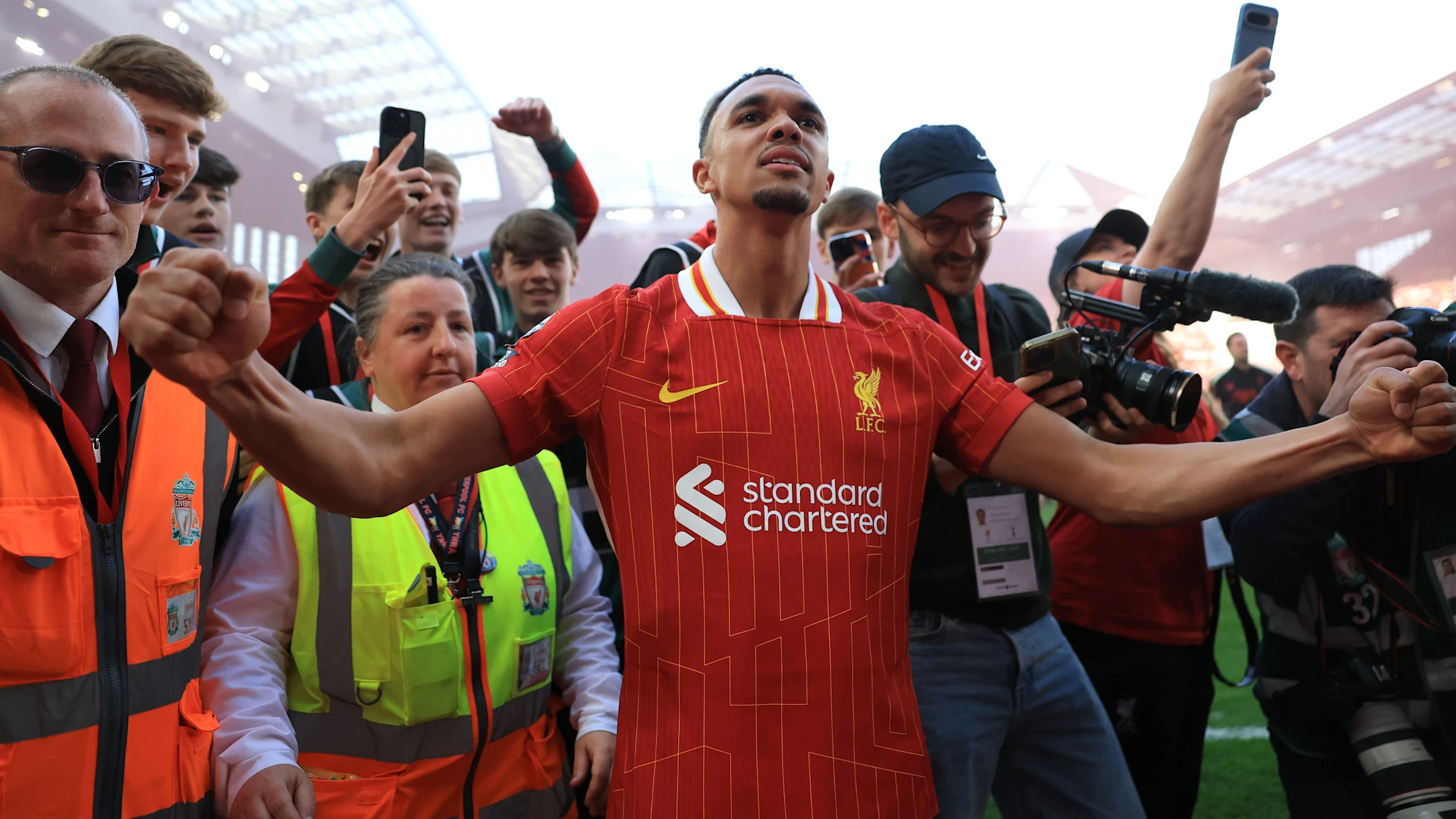
How Liverpool Plan to Replace Trent Alexander-Arnold
Conor Bradley, Squad Versatility & a Shift in Transfer Philosophy
As the dust settles on what has been a celebratory season at Anfield—with Liverpool lifting their 20th league title and drawing level with Manchester United—the mood around Merseyside is far from euphoric. A key figure, a local icon, and a symbol of the club’s modern era is preparing to walk away: Trent Alexander-Arnold is reportedly set to join Real Madrid on a free transfer this summer.
The departure is monumental—not only because Liverpool will lose one of the most uniquely gifted right-backs in world football without a transfer fee, but also because it represents the end of an era that began with Jurgen Klopp and now continues under Arne Slot.
So, how exactly do Liverpool plan to replace a generational talent like Trent Alexander-Arnold?
The answer might surprise some fans: they won’t be buying anyone.
No Market Move: Faith in Conor Bradley
While names like Jeremie Frimpong of Bayer Leverkusen and Lutsharel Geertruida of Feyenoord have been floated in the rumor mill, Liverpool’s current strategy suggests a completely different approach—one that’s already worked for them in the past.
Rather than dipping into the transfer market, Liverpool are expected to hand the starting right-back role to Conor Bradley, the 20-year-old Northern Irishman who has quietly impressed in Trent Alexander-Arnold’s shadow over the past 18 months.
Bradley isn’t just a stop-gap. Coaches at Kirkby and within the senior setup believe he has the athleticism, technical touch, and tactical awareness to grow into the role. Slot, who prefers adaptable, technically sound full-backs who can both overlap and invert depending on the system, reportedly sees Bradley as a strong fit—especially with a full pre-season ahead to integrate.

Bradley will get the nod next season / Sportsphoto/Allstar/GettyImages
Trent’s Madrid Move: The Inevitable Step?
While the idea of Trent Alexander-Arnold leaving on a free might have seemed unthinkable just a couple of years ago, recent developments have pointed toward this outcome. His contract was allowed to run dangerously close to expiry, and although talks were held, no extension materialized.
Reports suggest that his move to Madrid—while not offering him Galactico-level wages—will significantly increase his earnings and give him a new challenge at a time when Liverpool’s structure is still in transition. Real Madrid, who are poised to lose Dani Carvajal to age and injuries, view Trent as a long-term solution on the right flank—perhaps even in midfield in the future.
Liverpool’s Internal Solutions: Not Just Bradley
If Bradley becomes the de facto starter, what about depth?
Liverpool currently do not have another senior specialist right-back in the squad. However, Jarell Quansah and Joe Gomez, both centre-backs by trade, are being evaluated as potential cover for the position. Neither is new to the role—Gomez has deputized there many times before—and both offer different tactical profiles. Quansah brings height and composure, Gomez brings pace and experience.
Rather than sell either player, Slot may repurpose them, keeping squad continuity while freeing up funds for more urgent areas of reinforcement.
Other Positions Take Priority
Let’s be clear: Liverpool aren’t short of needs.
Despite winning the Premier League, this is still largely the squad Klopp left behind. Several key areas require fresh blood if Slot is to build something sustainable.
-
Left-back is emerging as a concern. Andrew Robertson, while still solid, has seen his influence wane. His injury record and age mean Liverpool need to find a long-term heir sooner rather than later.
-
Wide attacking options are thin. With Mohamed Salah entering the final stages of his Liverpool career and Luis Díaz’s form dipping, recruitment out wide is expected to be a focus area.
-
Centre-forward also remains a question mark. Darwin Núñez has had flashes of brilliance but lacks consistency, while Cody Gakpo is still finding his best position.
In this context, choosing not to replace Trent with a big-money signing makes more sense. Liverpool are simply prioritizing smarter spending elsewhere.
A Transfer Philosophy Already Proven
This isn’t the first time Liverpool have bet on internal development over panic buying.
Last summer, after missing out on Moisés Caicedo and turning down the chance to sign Manuel Ugarte from PSG, the club instead retooled Ryan Gravenberch, offering him a defined midfield role. That decision has started to pay dividends, with the Dutchman enjoying a breakout season.
Slot and his staff are believed to hold a similar belief in building from within, especially when the academy has already produced the likes of Curtis Jones, Harvey Elliott, Jarell Quansah, and of course, Trent Alexander-Arnold himself.
This is not a reactive or cost-cutting approach—it’s a deliberate strategy rooted in trust: trust in youth, in the academy, in continuity.
Arne Slot’s Role in the Transition
Slot’s appointment as manager signals a slight shift in tactical emphasis. While Klopp’s teams were built on verticality and emotional intensity, Slot’s sides at Feyenoord blended possession control with fluid, positional play—an approach not too dissimilar to Pep Guardiola’s at City.
In such a system, full-backs have positional and technical responsibilities that go beyond simply bombing forward. Trent Alexander-Arnold, who essentially operated as a playmaking midfielder from the right-back role, was perfect for it.
But Bradley too has shown signs of similar traits—particularly his quick short passing, ability to find midfield runners, and tactical discipline in defensive transitions. He’s not a carbon copy of Trent, but he doesn’t have to be. Slot will adapt the role to fit Bradley’s strengths, rather than ask the youngster to mimic a generational player.
Final Thoughts
Losing Trent Alexander-Arnold for free hurts, no question. It stings both emotionally and strategically. But Liverpool’s response to that loss is shaping up to be calculated, composed, and future-focused.
They won’t panic. They won’t overspend. And perhaps most importantly, they won’t deviate from a model that has already brought them Premier League and Champions League glory.
Conor Bradley’s promotion to the starting XI may not grab headlines like a £60 million Frimpong deal would. But it reflects a deeper belief that Liverpool’s strength lies not in their spending, but in their system.
And if recent history has taught us anything, it’s that writing off a Liverpool academy graduate is never a good idea.






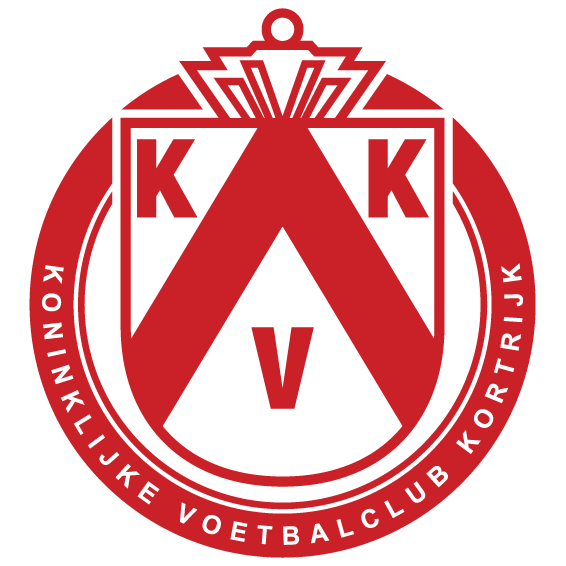


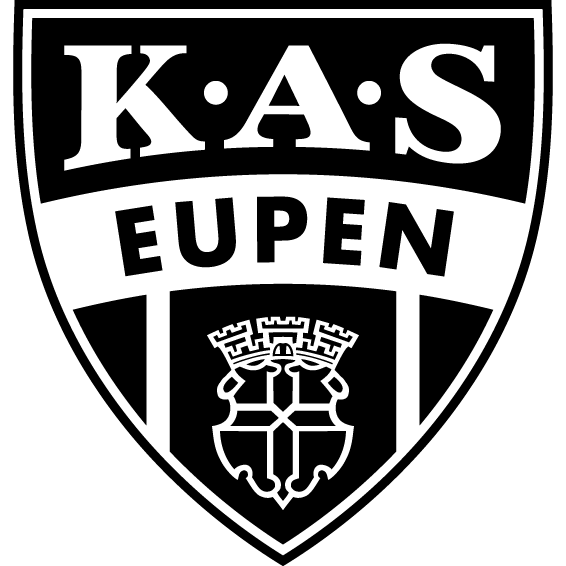















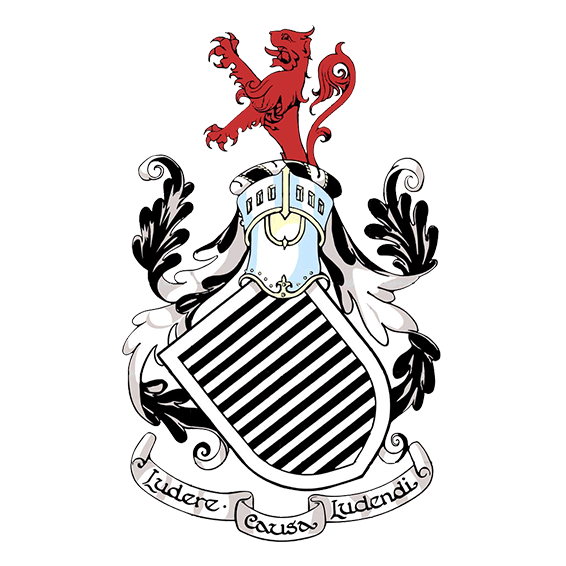









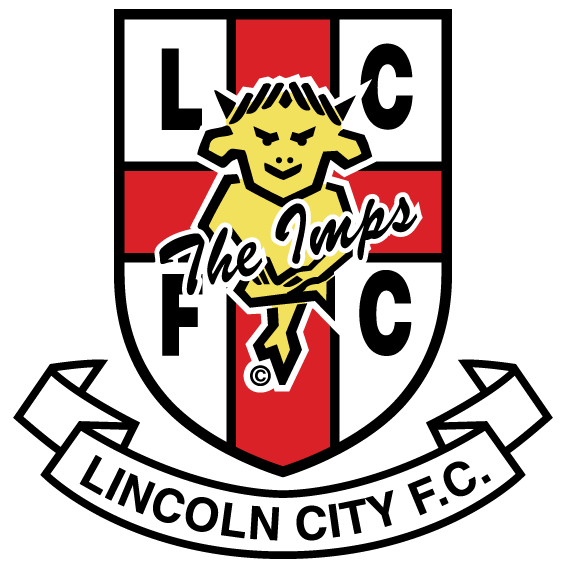



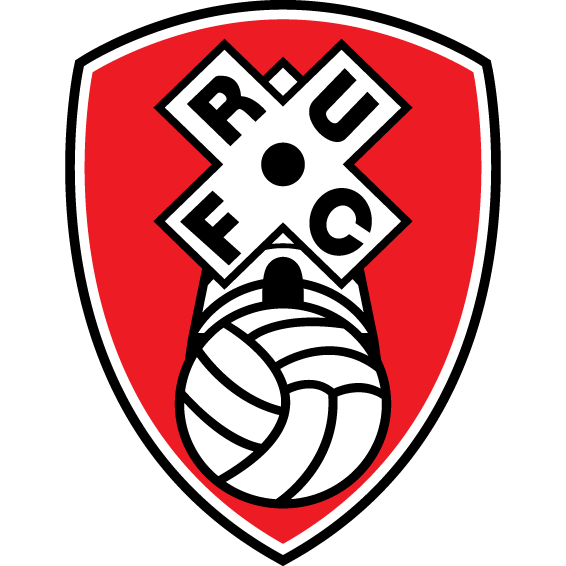







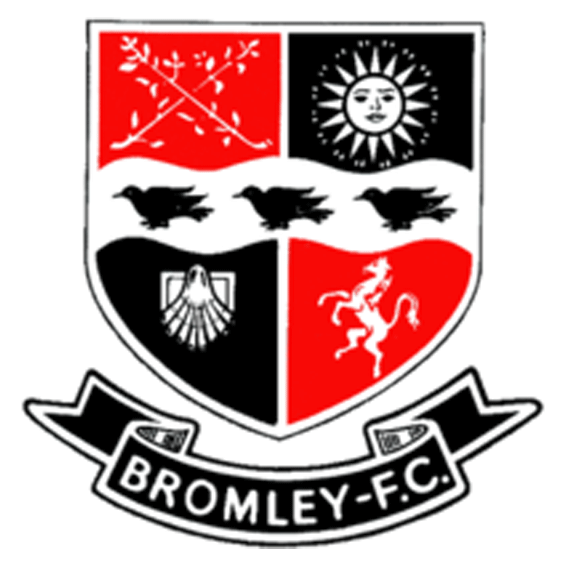




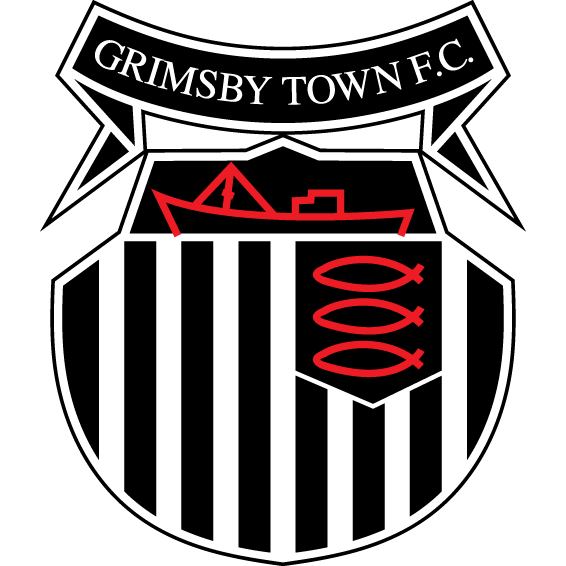
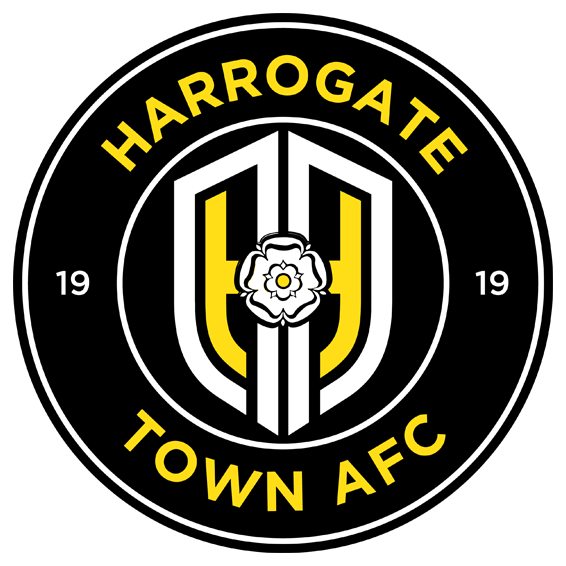
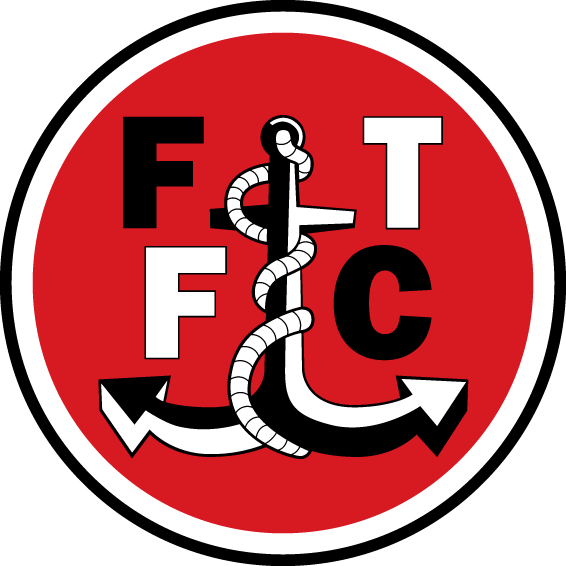





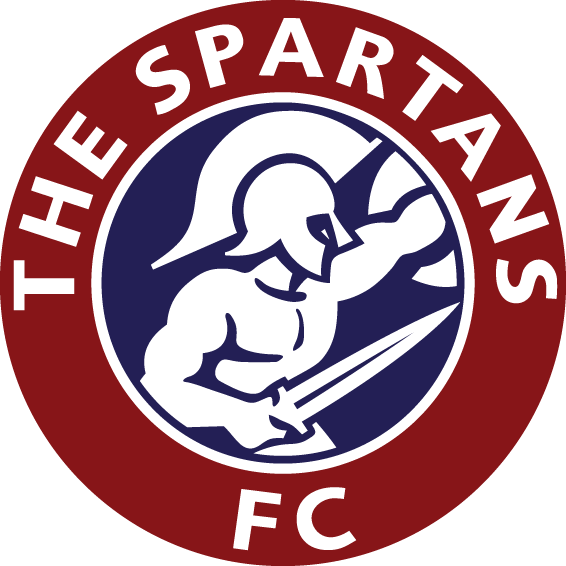



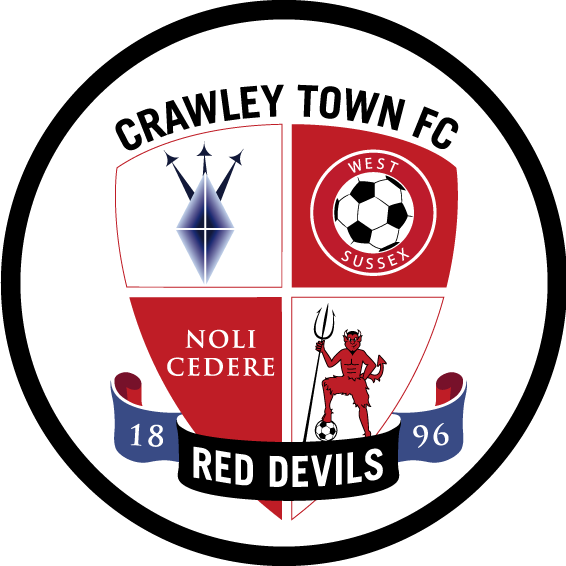







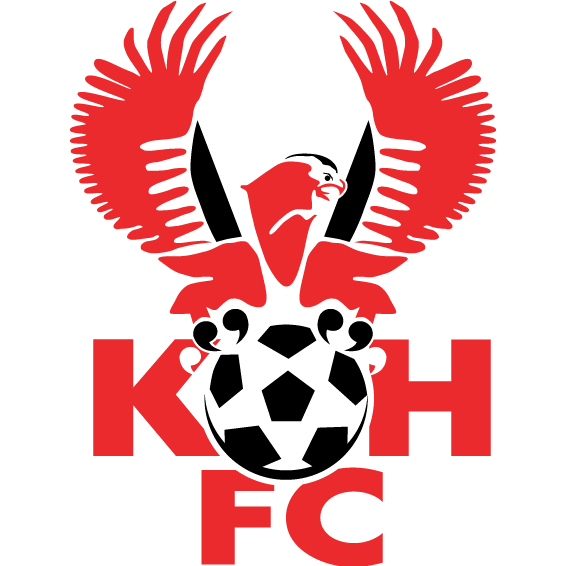

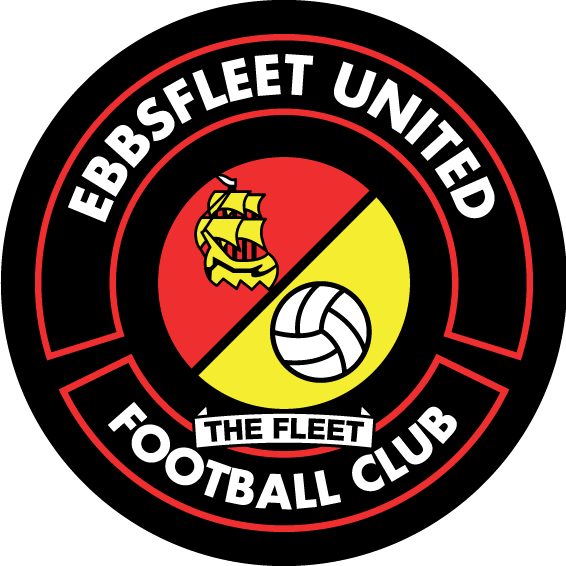















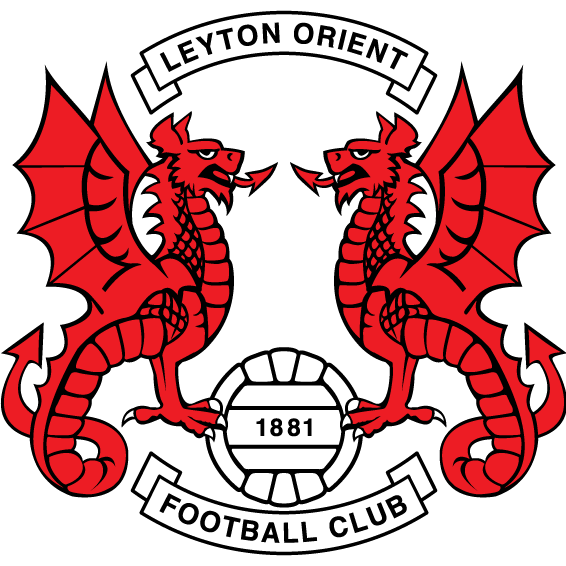
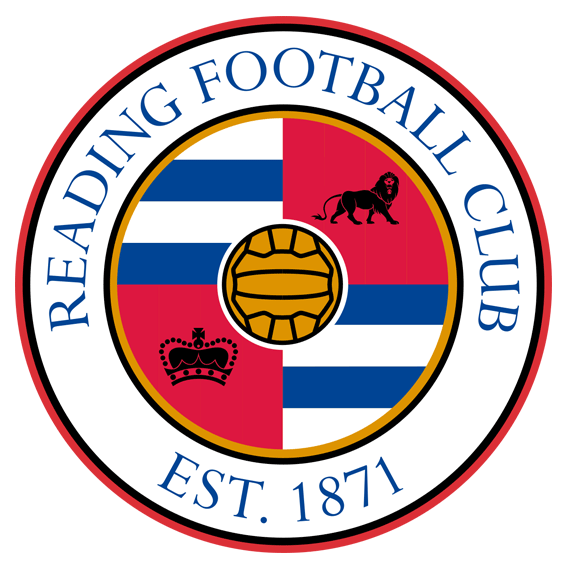
































There are no comments yet. Be the first to comment!